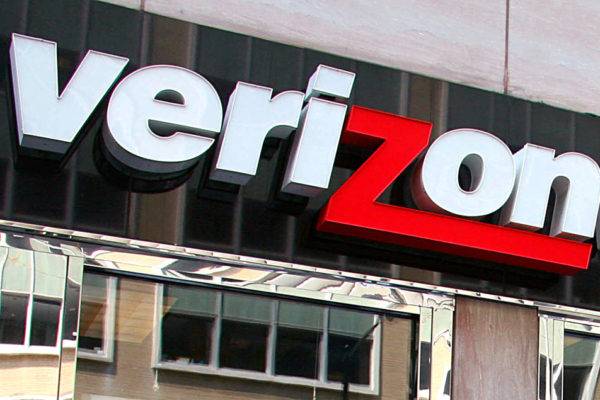The Internet of Things (IoT) is growing at a rapid rate and telecommunications giant Verizon wants a large slice of the cake, with the aim of $1 billion in sales by 2017.
Over the past year, it has made a few large purchases to bolster its position in the market. It acquired fleet management firm Fleetmatics for $2.4 billion and LED supplier Sensity for an undisclosed sum earlier in the year, alongside smaller acquisitions for talent.
See Also: Lots of smart city deal action with Libelium, Verizon as space heats up
Verizon has also launched a myriad of its own IoT products, which are not focused on one particular market or customer. It has products for agriculture, supply chain, asset management, energy grids, smart cities, and vehicle connectivity.
In 2017, Verizon wants to expand its IoT network even further to cover all types of industrial services. What it doesn’t seem interested in doing is building IoT products or services for consumers, who are purchasing more smart home devices than ever before.
Verizon clients looking for recognizable brand?
With this expansive IoT network, Verizon is in a strong position to capture the market of basic customers, who look for a recognizable brand. Add to that Verizon’s huge infrastructure advantage in the wireless market, it could be a recipe for success.
“We do have some responsibility to bring solutions into the marketplace that solve big problems,” said Mark Bartolomeo, vice president of Verizon’s Internet of Things business. “Problems around safety. Problems around security and economic growth. Those types of problems aren’t going to be solved by small entrepreneur companies. They simply don’t have the scale. They have pieces of the solutions, and we work closely with them.”
Verizon already made $500 million in revenue this year in IoT, so $1 billion doesn’t seem that outrageous an ambition, especially when you add the revenue from Fleetmatics.
It is not the only major telecommunications provider trying to enter the IoT market, AT&T and T-Mobile have both announced industrial programs in the past year. The wireless giant will also have to compete with other U.S. corporate behemoths, like IBM and Cisco.

















